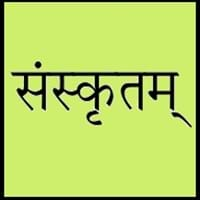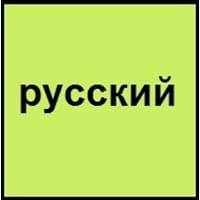Sanskrit vs Russian
- Sanskrit language has highest number of vocabularies than any other language.
- Sanskrit Language has proved to help in speech therapy, also it increases concentration and helps to learn maths and science better.
- In Russian language, the words are not pronounced as they are written.
- In Russian language, there are only 200,000 words out of which only few words are used and due to this many words have more than one meaning.
Sanskrit and Russian Language History
Comparison of Sanskrit vs Russian language history gives us differences between origin of Sanskrit and Russian language. History of Sanskrit language states that this language originated in 2000 B.C. whereas history of Russian language states that this language originated in 1000 AD. Family of the language also forms a part of history of that language. More on language families of these languages can be found out on Sanskrit and Russian Language History.
Sanskrit and Russian Greetings
People around the world use different languages to interact with each other. Even if we cannot communicate fluently in any language, it will always be beneficial to know about some of the common greetings or phrases from that language. This is where Sanskrit and Russian greetings helps you to understand basic phrases in Sanskrit and Russian language. Sanskrit word for "Hello" is नमस्कारः (namaskāraḥ) or Russian word for "Thank You" is спасибо(spasibo). Find more of such common Sanskrit Greetings and Russian Greetings. These greetings will help you to be more confident when conversing with natives that speak these languages.
Sanskrit vs Russian Difficulty
The Sanskrit vs Russian difficulty level basically depends on the number of Sanskrit Alphabets and Russian Alphabets. Also the number of vowels and consonants in the language plays an important role in deciding the difficulty level of that language. The important points to be considered when we compare Sanskrit and Russian are the origin, speaking countries, language family, different greetings, speaking population of these languages. Want to know in Sanskrit and Russian, which language is harder to learn? Time required to learn Sanskrit is 20 weeks while to learn Russian time required is 44 weeks.





